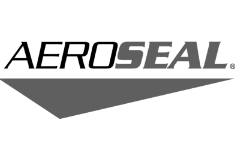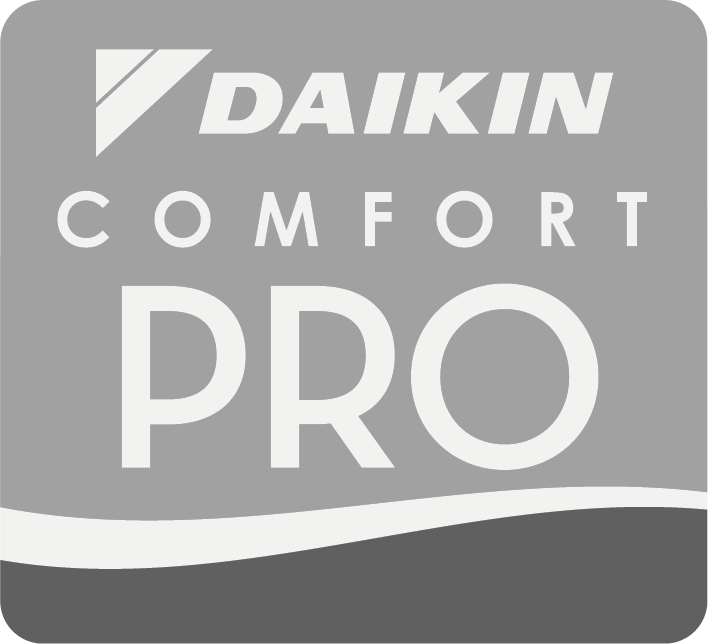What Are Some Of The Best Tips For Making My HVAC More Efficient

With its tropical climate, Florida can be very uncomfortable during the summer months. Because of this, we need our HVAC systems to perform at the highest efficiency, not only to increase our overall comfort but help save money on utility bills.
However, it’s very common for air conditioners to start struggling with the temperature, leaving homeowners wondering what’s gone wrong.
Plenty of factors can affect HVAC efficiency. While identifying them is often challenging, doing so can help you unlock a higher level of comfort and save a noticeable amount of cash on your cooling bills.
1. Size Of The Unit
Did you know that the overall size affects HVAC efficiency?
That’s not to say a larger unit is always good. A large unit may cool the space too fast, only to shut down, before quickly starting another cooling cycle when the temperature slightly drops. This can cause unnecessary wear and tear, drive up your energy costs, and lead to subpar performance.
An HVAC that’s too small, on the other hand, will work overtime to reach the set temperature. As such, it will waste too much energy in the process, also leading to a reduced lifespan due to increased wear and tear.
2. Poor Airflow
For the highest HVAC efficiency, your cooling system must receive enough air. Yet, if your condenser coils or filters become too dirty, they’ll severely limit the airflow, which directly affects cooling performance.
A similar thing applies to the exterior unit. Since they’re located outside, condenser units are exposed to dirt, elements, leaves, you name it.
Fortunately, you can improve the airflow by regularly changing out the filters and cleaning both the exterior and the interior unit.
You should also ensure there’s enough clearance between the condenser, shrubbery, and other landscaping elements.
3. Air Leaks
Tiny spaces around doors and windows, roof, and duct leaks could all let the cool air-conditioned air escape. If that wasn’t bad enough, these cracks also let the hot and humid air enter your home.
Ultimately, your air conditioning equipment will work around the clock to remove the heat and the humidity, leaving you with an increased energy bill and reducing your HVAC’s lifespan.
4. Insufficient Insulation
Insufficient or poor insulation can directly impact HVAC efficiency. Similar to air leaks, insulation issues allow the heat transfer between the outdoor and indoor air and make the cooling process needlessly hard on your poor AC.
5. SEER Rating
Seasonal Energy Efficiency Ratio or SEER rating is a value measuring the overall HVAC efficiency when converting electrical energy into cooling performance.
Naturally, the higher the SEER rating, the higher the energy efficiency.
At the moment, models rated from 13 to 25 are currently available on the market, and you can expect a significant boost in efficiency as you “move higher”.
Keep in mind that AC systems manufactured before 2006 have significantly lower SEER ratings because the current efficiency mandates haven’t yet been created. If your unit is this old (which is somewhat of a miracle, to be honest), you’re likely paying 30% more than you would if you purchased a newer model.
We’re well aware that investing in a new system requires a significant investment. Yet, when you consider the amount of money you’ll potentially save on energy costs alone (not including the higher price of repairs necessary for older units), the newer HVAC equipment will practically pay for itself in a few years. Plus, your home will be a lot more comfortable, which is something your entire family will appreciate.
6. Thermostat
Somewhat surprising for a lot of homeowners, the thermostat also plays a crucial role in a home’s HVAC efficiency. It determines when your home needs cooling, so when it starts malfunctioning, your system will offer subpar performance.
It’s important to stress that older thermostats are simply not as good as the modern smart versions. For starters, they’re hard to program and what they offer can only be described as bare-bones.
That is a stark contrast to a smart thermostat. Not only does it allow you to remotely access your HVAC system via an app, but this device also tracks your energy use, learns patterns, and sets the temperature automatically to save extra energy.
For instance, a smart thermostat can turn off the cooling when you’re not at home and slowly cool your living space before you come back. It also accounts for the environmental temperature, which allows the HVAC to operate as efficiently as possible.
According to data, a smart thermostat may help you
reduce your energy bill by 23% per month –
an amount of money you’re bound to notice.
7. Maintenance
Similar to a car, an HVAC system also requires routine professional maintenance. Although changing the filter and cleaning the coils is a good start, technicians can take it one step further by checking refrigerant levels, cleaning your ducts, calibrating your thermostat, and lubricating moving parts.
In addition, they can replace worn components on the spot, fix any loose electrical connections, patch duct leaks, and so on.
All of this combined will bring down your energy costs and prolong the life of your air conditioning equipment – something that your future self will without a doubt appreciate.
Save Money On Energy Bills
Apart from replacing your entire system, you can actually decrease your energy expenditure by making a few small adjustments and updating to a smart thermostat. Furthermore, you should look into booking professional maintenance at least twice a year – once in the spring and once in the fall.
This helps you prepare your system for the arduous cooling season and then checks its functioning after the said period has passed.
For an affordable maintenance plan, reach out to
Mid-Fla Heating & Air.
We’ve been serving Central Florida for years, and here’s what we can assist you with (at an affordable price, we may add):
- Purchasing and installing a smart thermostat or a brand-new unit
- 24/7 emergency repairs
- Annual HVAC maintenance plan
- AC tune-up
For a top-notch service, call 561-750-1625 or fill out
our contact form.




